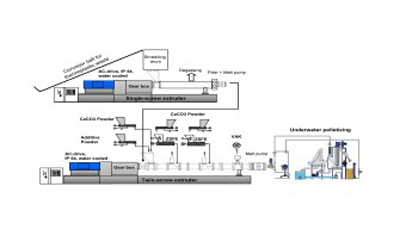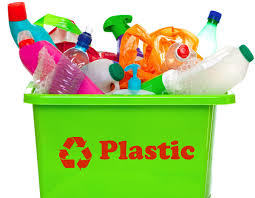Appliance Recycling Centers of America, Inc. (Nasdaq: ARCI) signed an agreement to recycle GE (NYSE: GE) refrigerators in support of the EPA’s Responsible Appliance Disposal (RAD) Program.
GE Appliances & Lighting is the first appliance manufacturer to join the voluntary EPA program, which focuses on refrigeration appliance recycling best practices, including the recovery of foam in used refrigerators.
GE will supply used-appliances from a six-state region to ARCA Advanced Processing’s regional recycling center in Pennsylvania. ARCA is investing in appliance recycling technology from UNTHA Recycling Technology (URT) that recovers approximately 95% of the insulating foam in refrigerators, reducing landfill waste and GHG and ODS emissions as compared to what typically happens in the industry today.
The URT system includes the capability to automatically capture the blowing agents, such as chlorofluorocarbons (CFCs), hydro chlorofluorocarbons (HCFCs), hydrofluorocarbons (HFCs), and cyclopentane from the insulating foam in refrigerators and freezers. GE and ARCA’s initial recycling efforts will begin at ARCA Advanced Processing’s regional recycling center in Pennsylvania. The center is on schedule to be fully operational in 1Q11.
Approximately nine million refrigerators are disposed of annually in the U.S., and only a fraction has the insulating foam in their walls and doors recycled. While 90% of used refrigerators in the U.S. are shredded for their metal, the remaining foam and other materials typically go to a landfill. During the shredding process, a substantial amount of GHG and ozone-depleting substance (ODS) emissions are released into the atmosphere.
“The potential of this technology is tremendous,” said Brian Conners, President and COO of ARCA Advanced Processing. “If the foam from the 9 million refrigerators disposed of annually in the U.S. were processed through this recycling technology, the greenhouse gas emissions avoided would be equivalent to the annual CO2-e emissions of more than 2.4 million cars on U.S. roads.”
Source : www.sustainablebusiness.com






